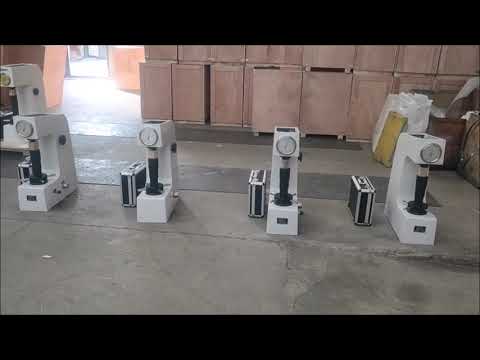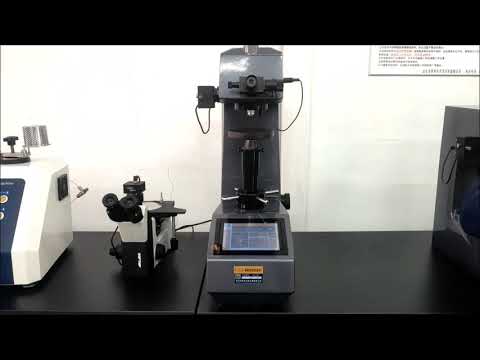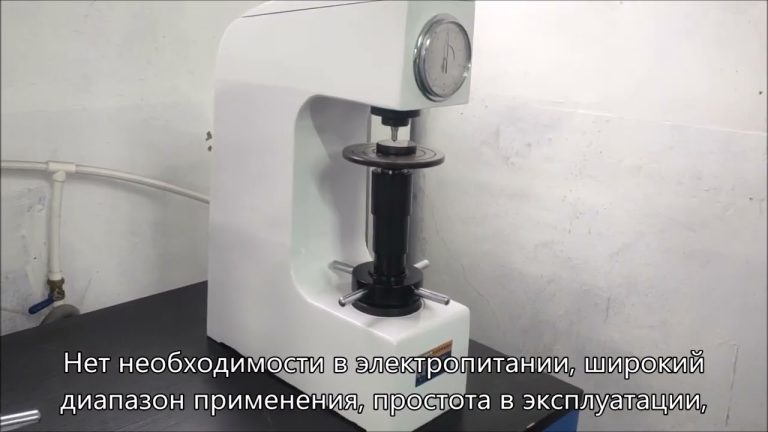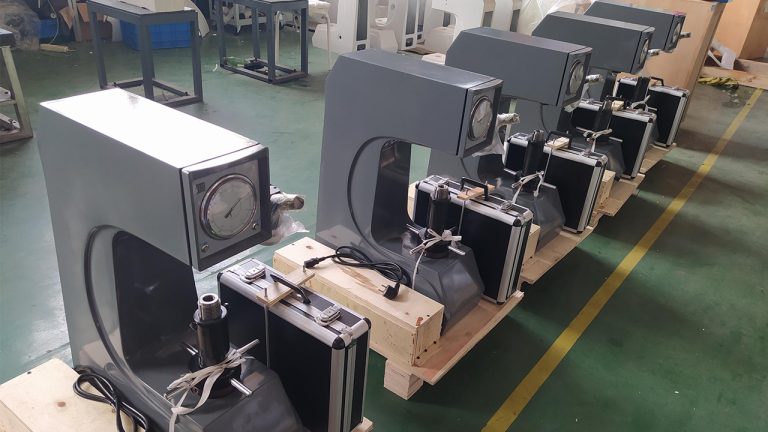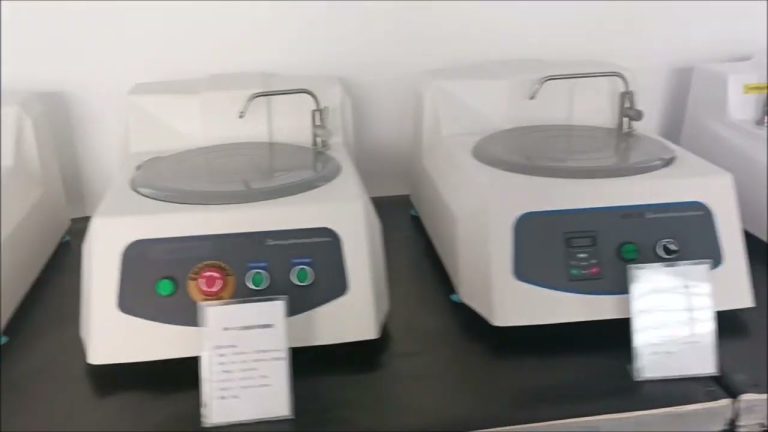Table of Contents
Importance of Regular Calibration for hardness tester Calibration Blocks
The importance of regular calibration for hardness tester calibration blocks cannot be overstated, particularly in industries where material properties are critical to product performance and safety. hardness testers, such as the portable metal hardness tester PCE-900, are essential tools used to assess the hardness of various materials, providing valuable data that informs manufacturing processes, quality control, and material selection. However, the accuracy of these measurements is heavily reliant on the calibration of the testing equipment, including the calibration blocks used as reference standards.
Calibration blocks serve as benchmarks against which the hardness tester’s measurements are compared. Over time, factors such as wear and tear, environmental conditions, and even the inherent properties of the materials can lead to deviations in the calibration blocks’ hardness values. Consequently, if these blocks are not regularly calibrated, the results obtained from the hardness tester may become unreliable, leading to potential errors in material assessment. This is particularly critical in sectors such as aerospace, automotive, and construction, where the integrity of materials can directly impact safety and performance.
Moreover, regular calibration ensures compliance with industry standards and regulations. Many industries are governed by strict guidelines that mandate the use of calibrated equipment to ensure consistent quality and safety. By adhering to these standards, companies not only protect their reputation but also mitigate the risk of costly recalls or failures that could arise from using uncalibrated or inaccurately calibrated equipment. Therefore, investing in the regular calibration of hardness tester calibration blocks is not merely a best practice; it is a necessary component of a robust quality assurance program.
In addition to compliance and safety, regular calibration enhances the overall efficiency of operations. When hardness testers are accurately calibrated, the data generated is more reliable, allowing for informed decision-making regarding material selection and processing. This reliability can lead to improved product quality, reduced waste, and optimized production processes. For instance, if a manufacturer can trust the hardness measurements provided by the PCE-900, they can confidently proceed with production, knowing that the materials meet the required specifications.
Furthermore, the calibration process itself can provide insights into the performance of both the hardness tester and the calibration blocks. By routinely checking and adjusting the calibration, operators can identify any trends or anomalies that may indicate underlying issues with the testing equipment or the materials being tested. This proactive approach not only helps maintain the accuracy of measurements but also extends the lifespan of the equipment, ultimately resulting in cost savings for the organization.
In conclusion, the significance of regular calibration for hardness tester calibration blocks is multifaceted, encompassing aspects of accuracy, compliance, efficiency, and equipment longevity. As industries continue to evolve and demand higher standards of quality and safety, the role of calibrated hardness testing will only become more critical. Therefore, organizations must prioritize the calibration of their hardness testing equipment, including the calibration blocks, to ensure that they remain competitive and capable of meeting the rigorous demands of their respective markets. By doing so, they not only uphold the integrity of their products but also contribute to a culture of quality and excellence within their operations.
Advantages and Applications of Portable Metal Hardness Tester PCE-900
Portable metal hardness testers are essential tools for ensuring the quality and reliability of metal components in various industries. One such portable metal hardness tester is the PCE-900, which offers a wide range of advantages and applications for professionals in the field. In this article, we will explore the benefits of using a portable metal hardness tester like the PCE-900 and discuss its various applications in different industries.
One of the key advantages of the PCE-900 portable metal hardness tester is its compact and lightweight design, making it easy to carry and use in various work environments. This portability allows professionals to perform hardness tests on-site, eliminating the need to transport heavy and bulky equipment to different locations. The PCE-900 is also user-friendly, with a simple interface that allows for quick and accurate hardness measurements.
In addition to its portability and ease of use, the PCE-900 offers high accuracy and reliability in hardness testing. The device is equipped with advanced technology that ensures precise measurements, providing professionals with confidence in the results obtained. This accuracy is essential for ensuring the quality and integrity of metal components, as even minor variations in hardness can have a significant impact on performance and durability.
Another advantage of the PCE-900 portable metal hardness tester is its versatility in testing different types of metals. The device is capable of measuring the hardness of various materials, including steel, aluminum, brass, and copper, making it suitable for a wide range of applications. This versatility allows professionals to use the PCE-900 in different industries, from automotive and aerospace to manufacturing and construction.
The PCE-900 portable metal hardness tester is also equipped with a range of features that enhance its functionality and performance. The device comes with a built-in memory for storing measurement data, as well as a USB port for transferring data to a computer for further analysis. The PCE-900 also offers a variety of testing modes, including Rockwell, Brinell, and Vickers, allowing professionals to choose the most suitable method for their specific application.
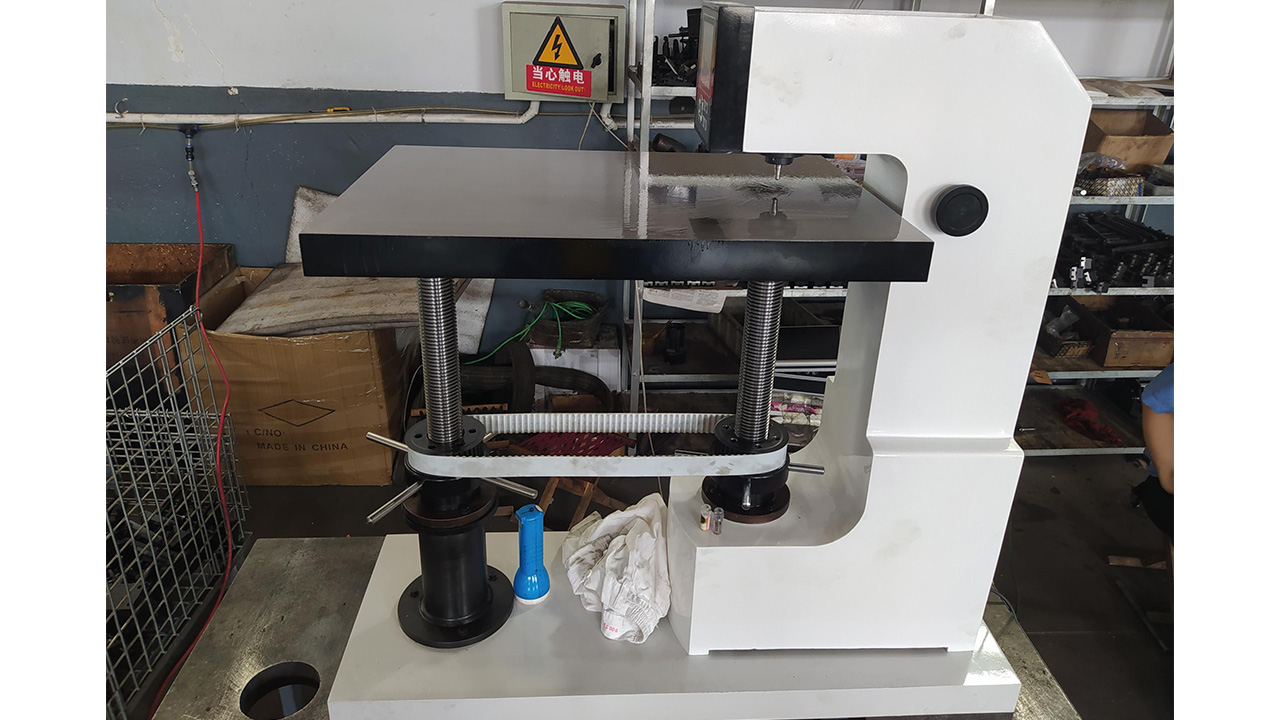
In terms of applications, the PCE-900 portable metal hardness tester is widely used in various industries for quality control and inspection purposes. In the automotive industry, the device is used to test the hardness of engine components, chassis parts, and other metal structures to ensure their durability and performance. In the aerospace industry, the PCE-900 is used to assess the hardness of aircraft components, such as landing gear and turbine blades, to meet stringent safety standards.
The PCE-900 portable metal hardness tester is also commonly used in the manufacturing industry for quality assurance and process control. Professionals use the device to test the hardness of metal parts during production, ensuring that they meet the required specifications and standards. In the construction industry, the PCE-900 is used to assess the hardness of structural steel and other metal materials used in building projects, ensuring their strength and durability.
Overall, the PCE-900 portable metal hardness tester offers a range of advantages and applications for professionals in various industries. Its portability, accuracy, versatility, and advanced features make it an essential tool for ensuring the quality and reliability of metal components. Whether used in automotive, aerospace, manufacturing, or construction, the PCE-900 provides professionals with the confidence and precision needed to perform accurate hardness tests on-site.

